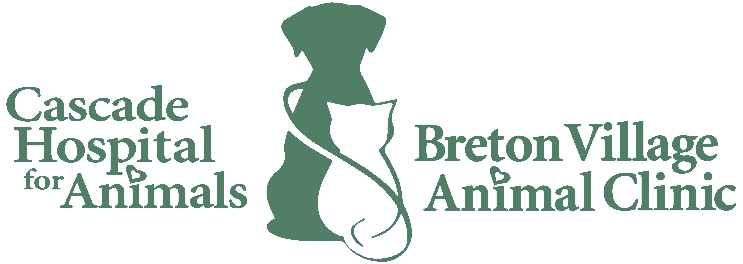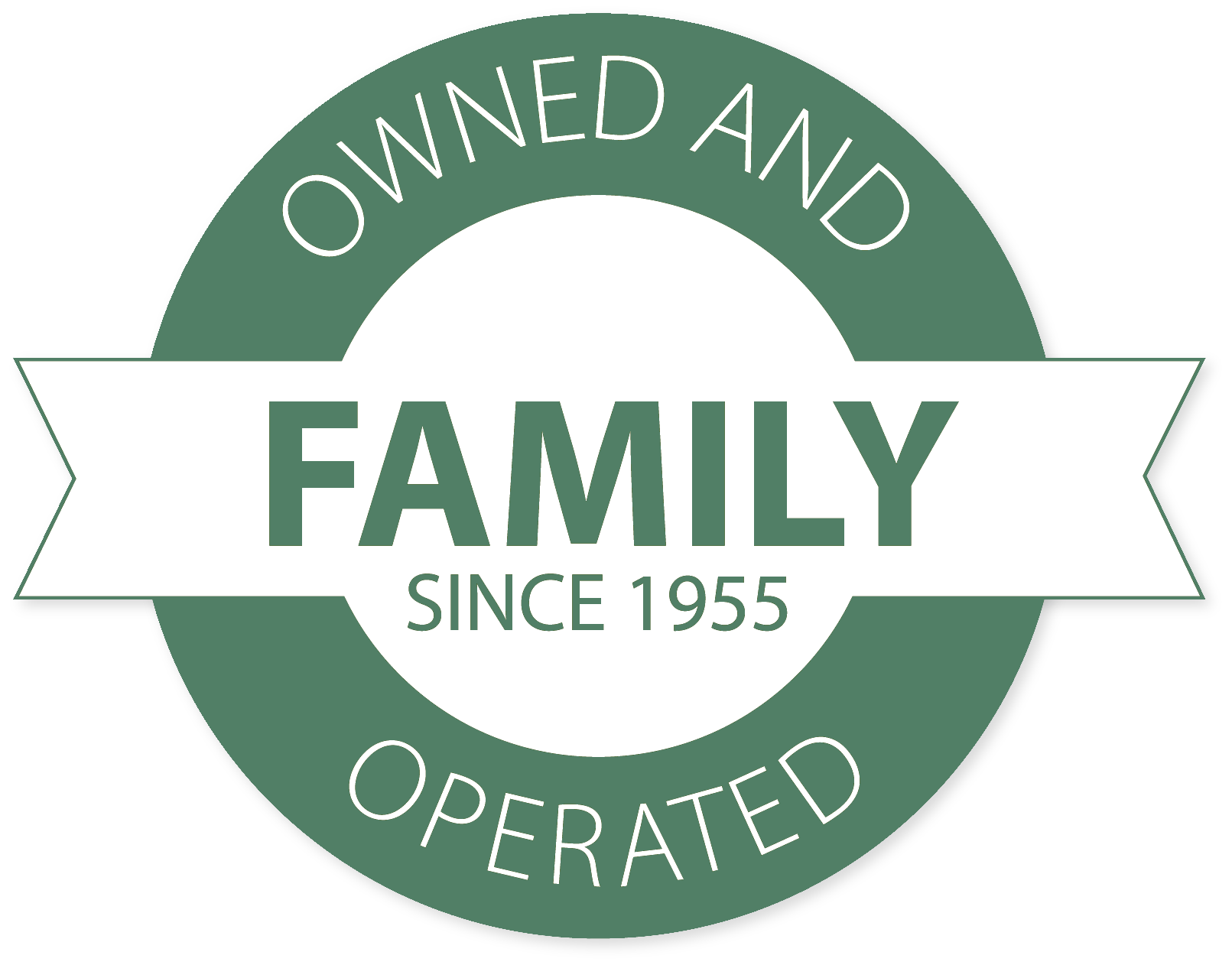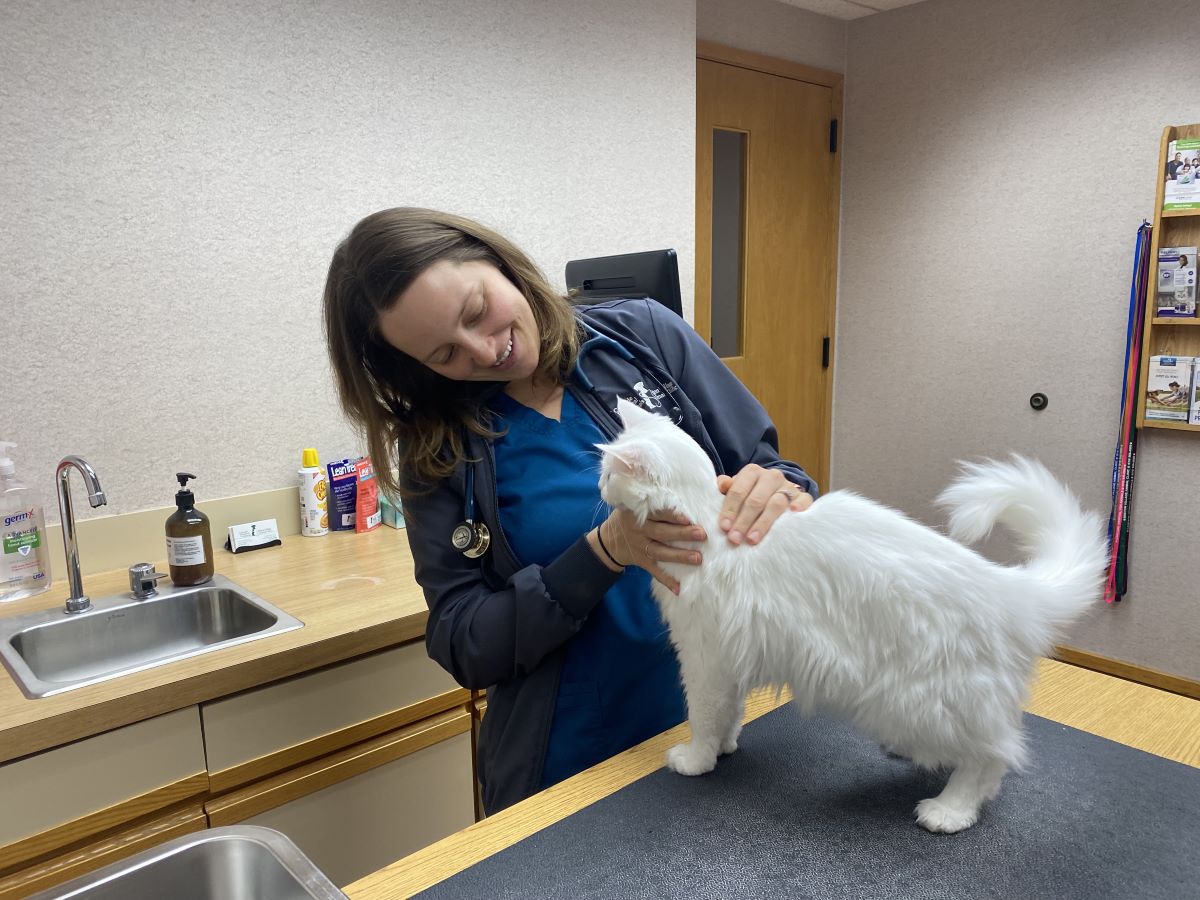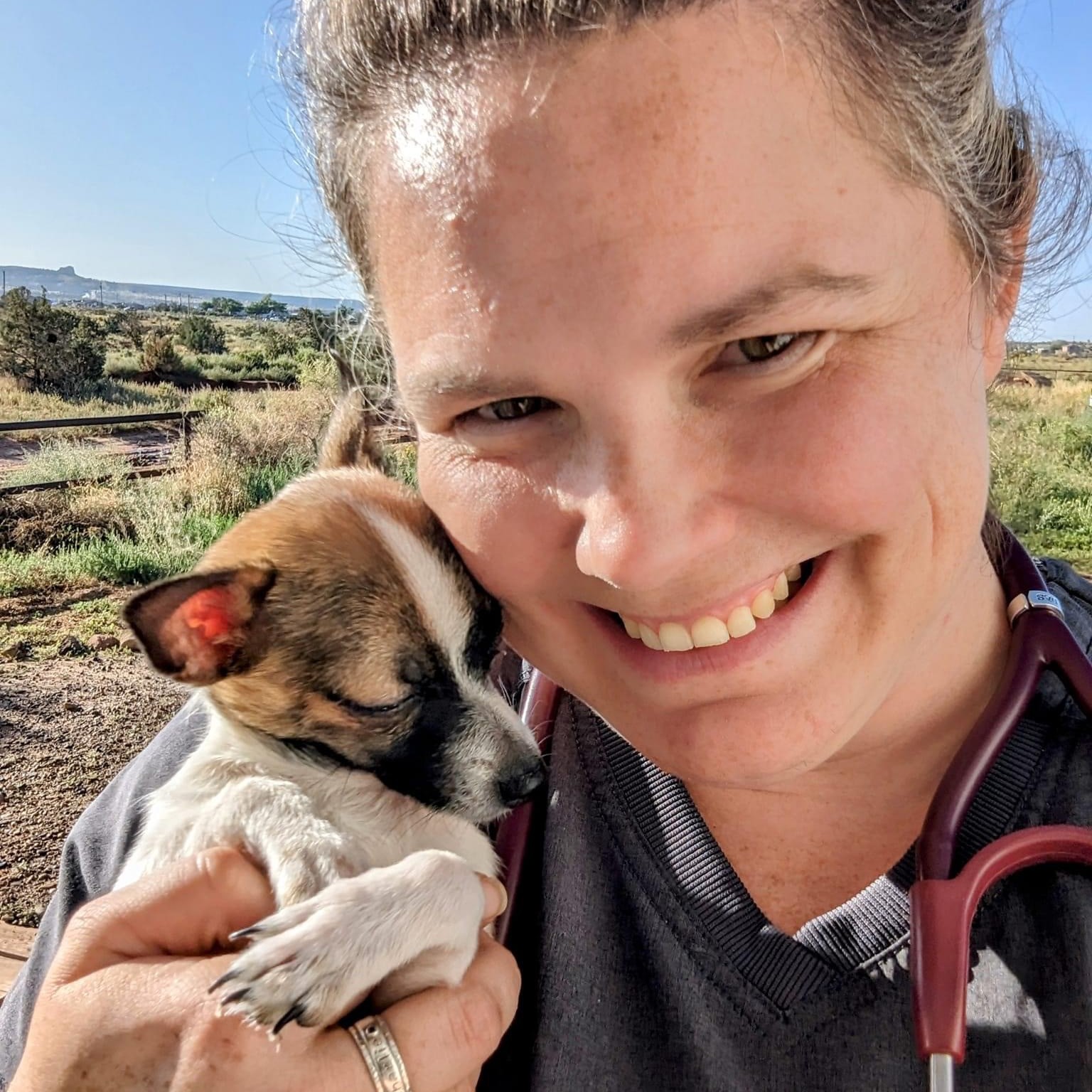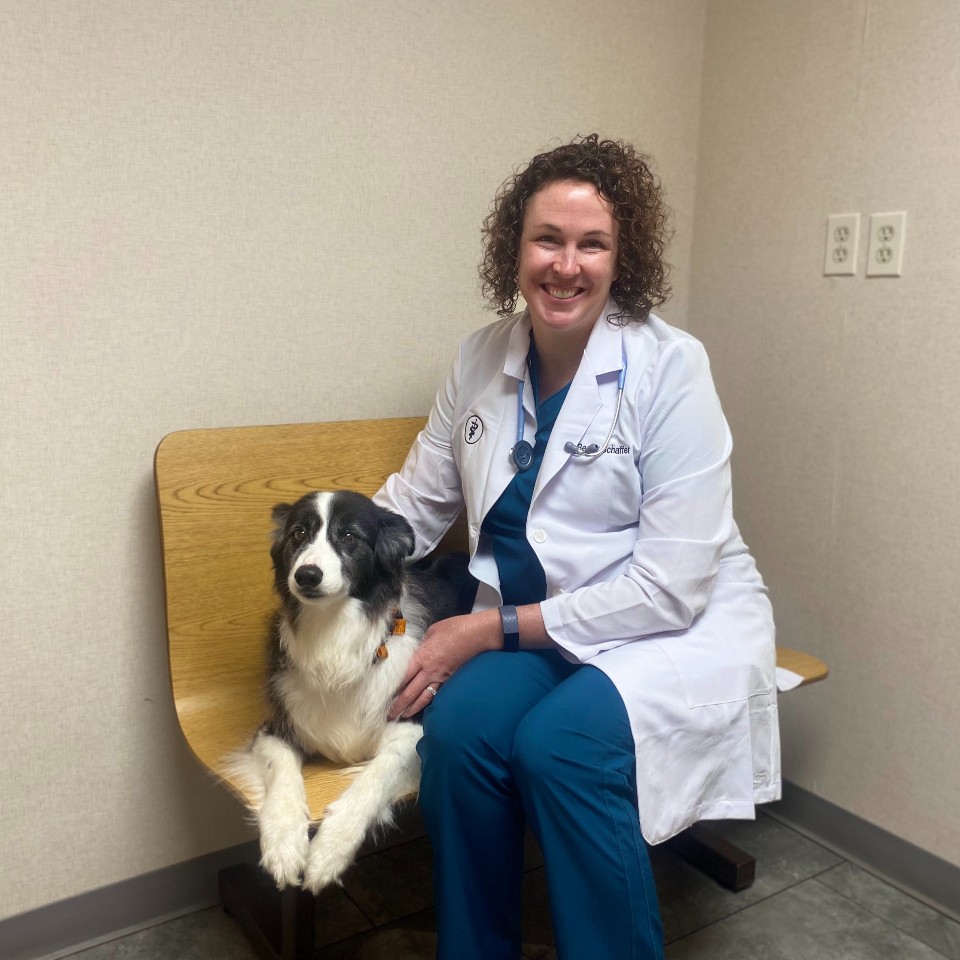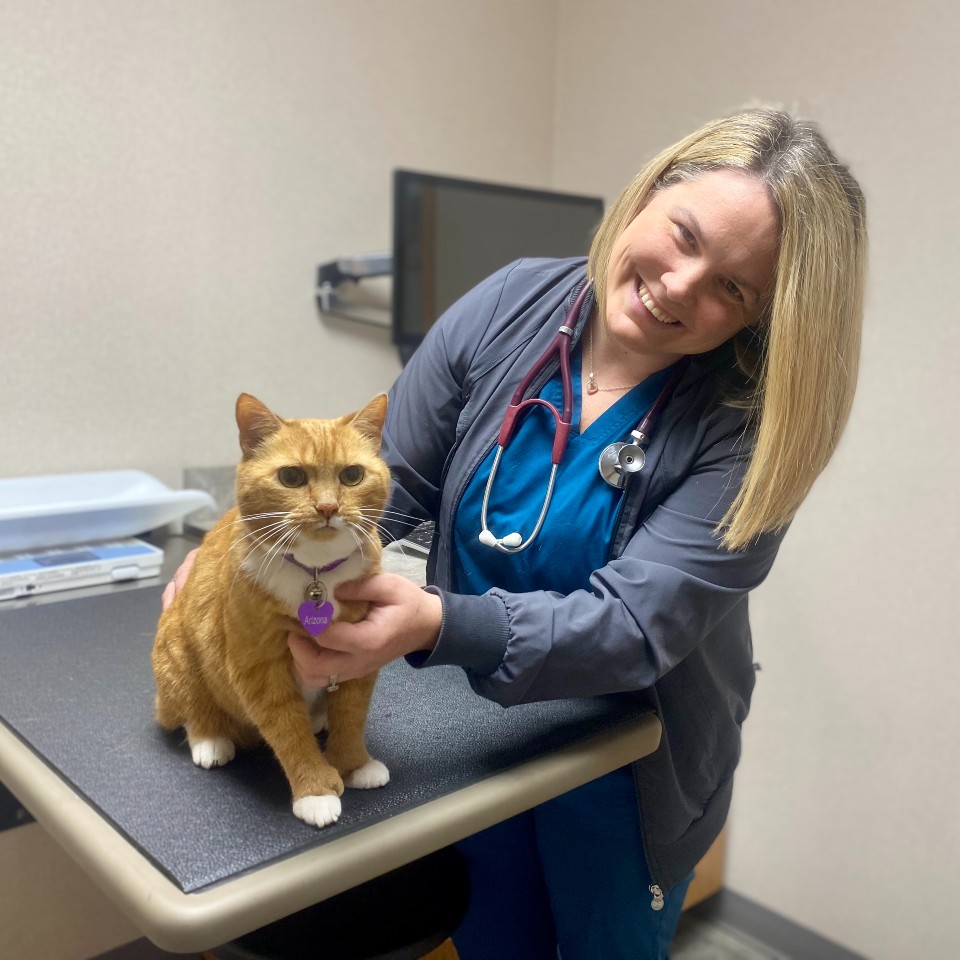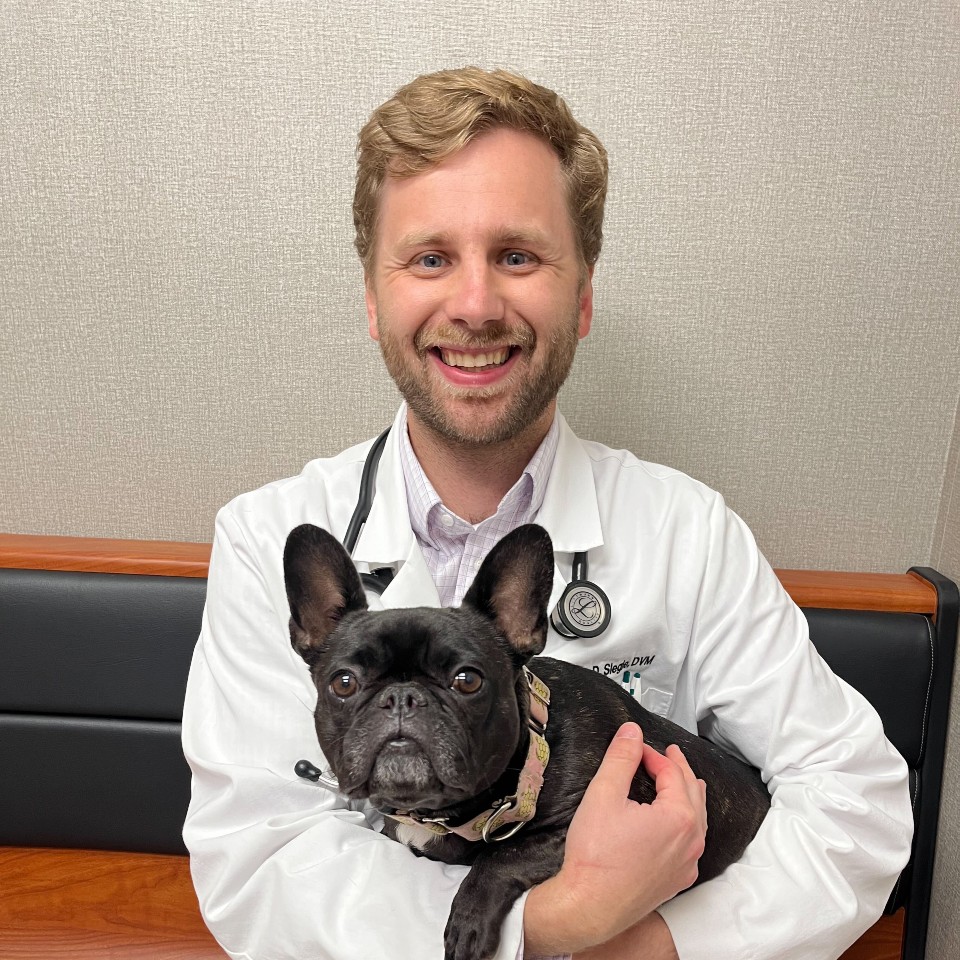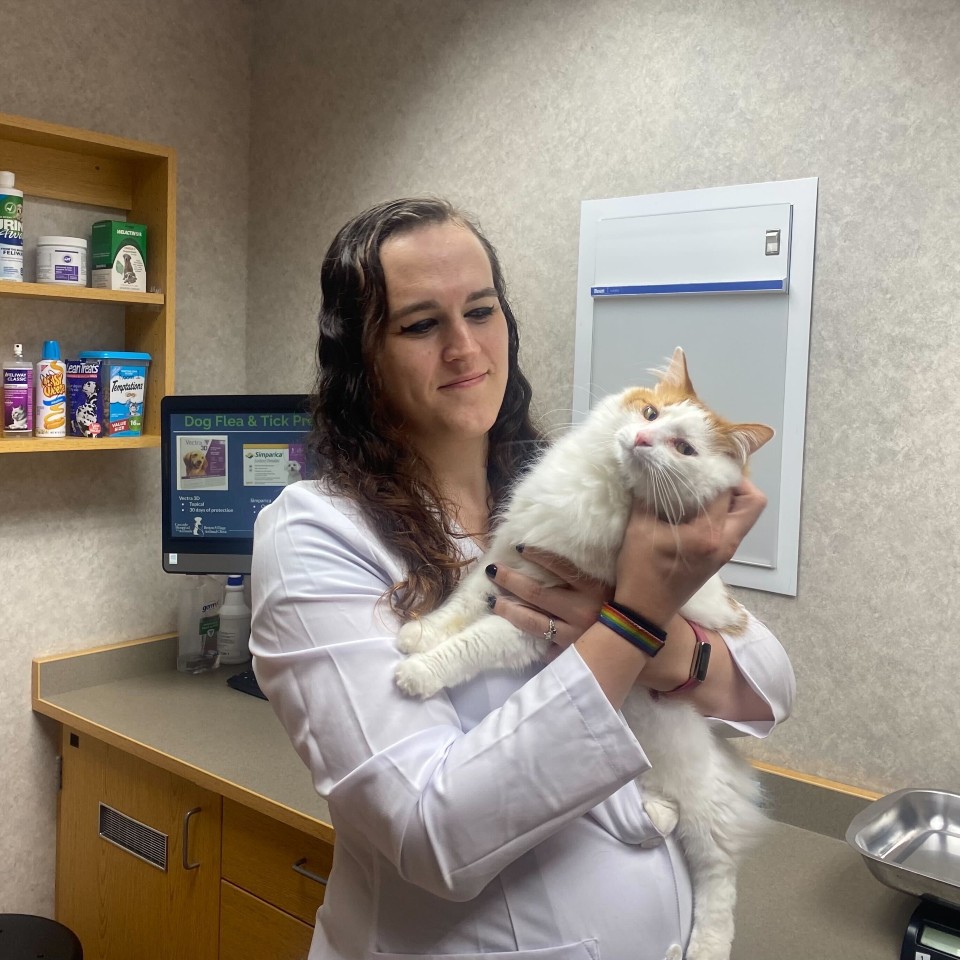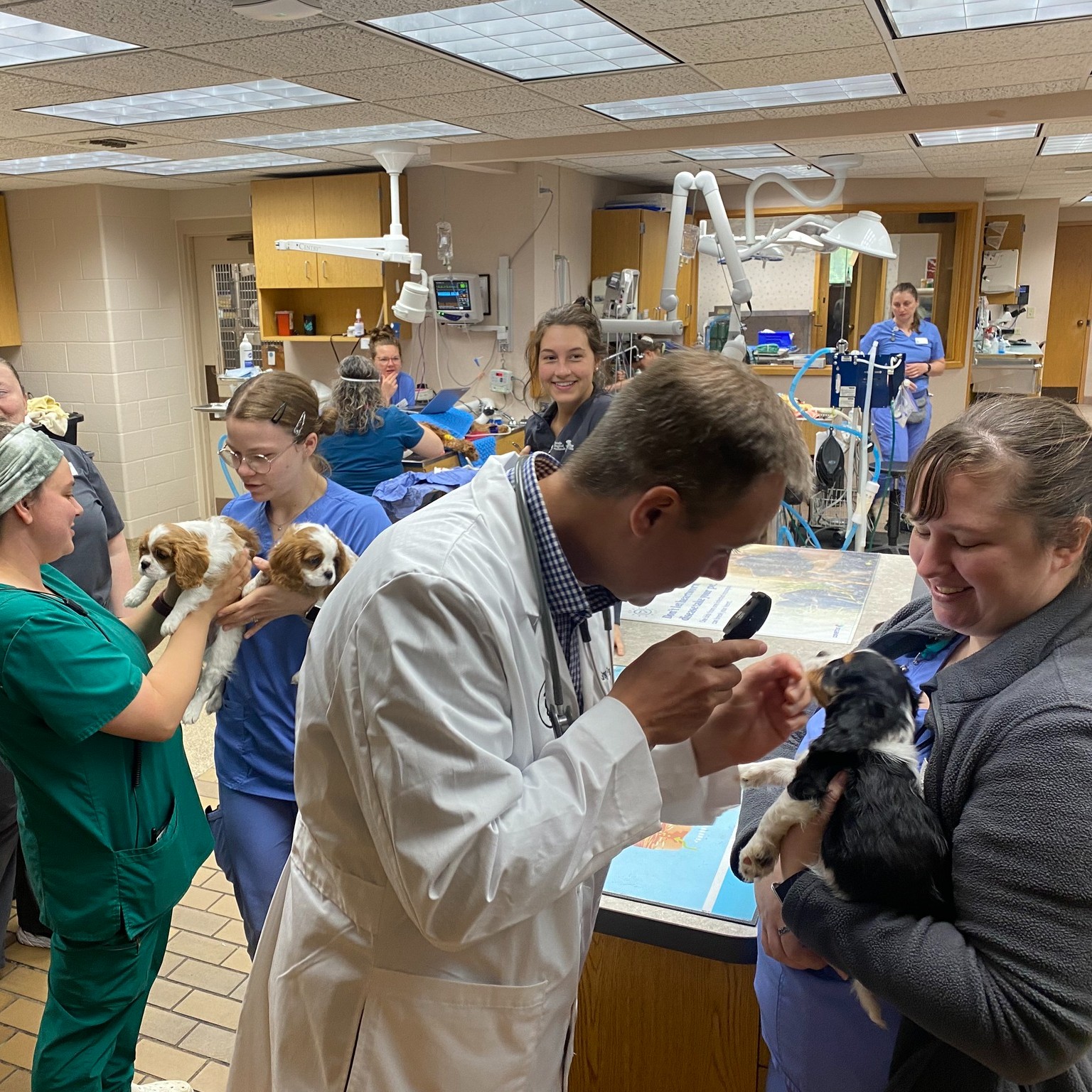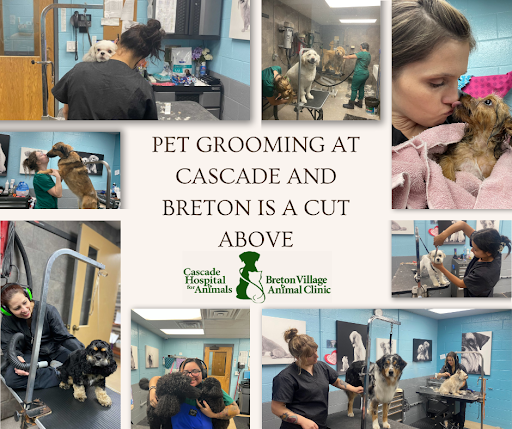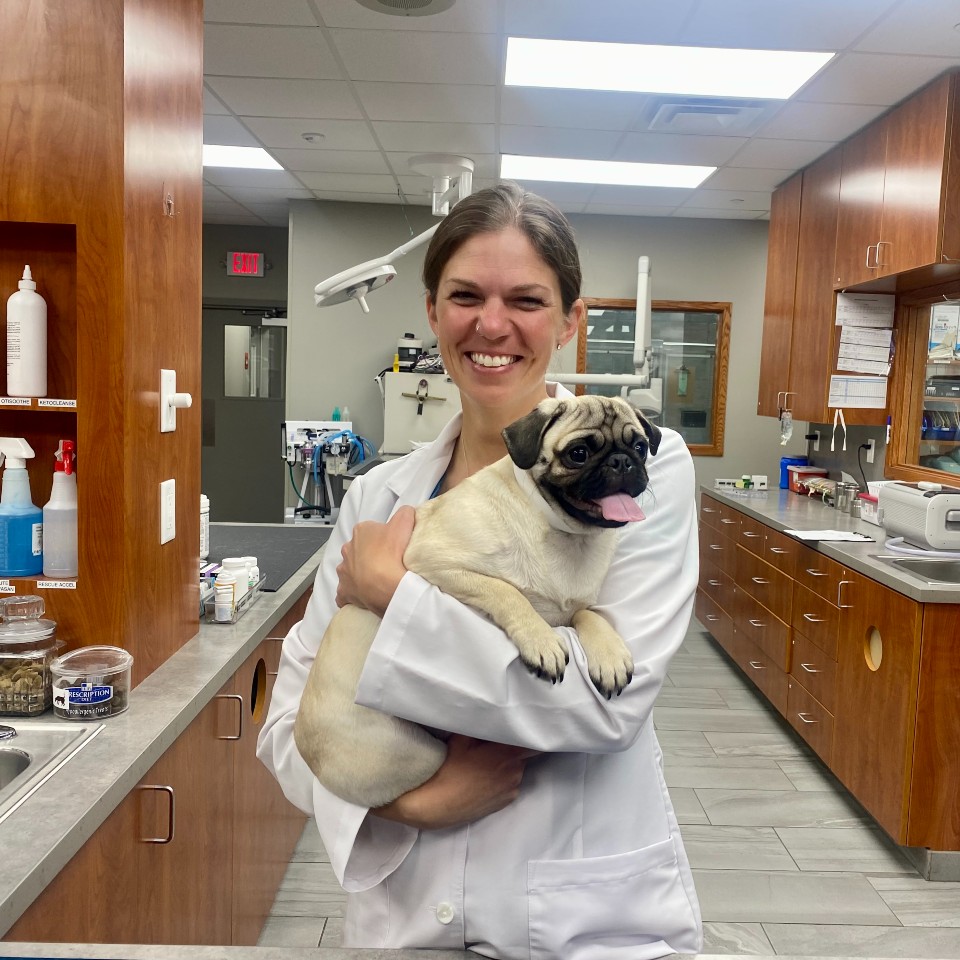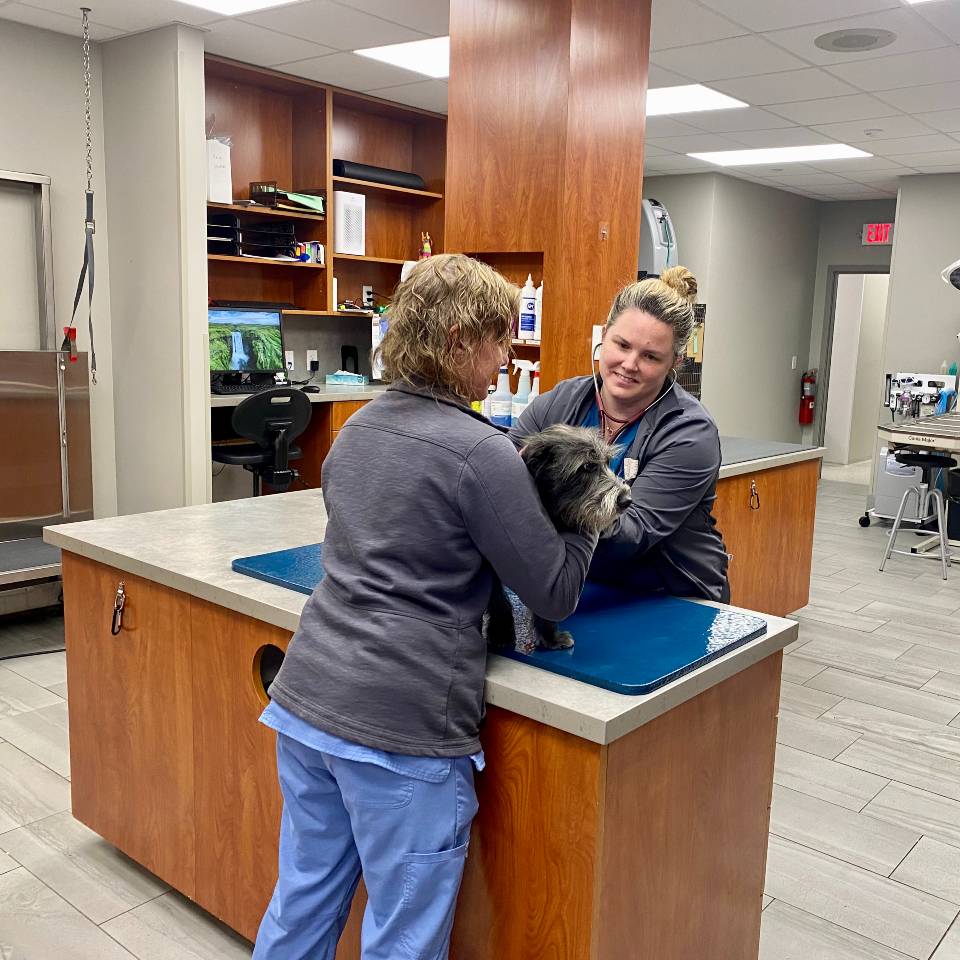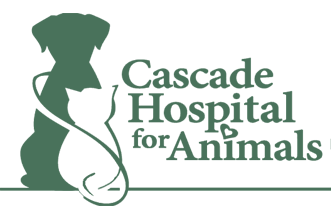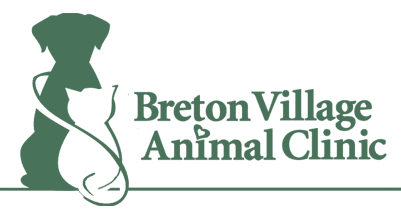Kittens can be an incredibly rewarding new addition to any family. They’re playful, curious, and, above all, adorable. As small as they are, though, they’re a big responsibility. If you’re welcoming a new kitten into your home, whether you’re a first time cat owner or a veteran, you naturally have lots of questions about how best to care for your bundle of joy. Dr. Justine Rasche is familiar with the most common questions people have when they bring new kittens in to see us, and breaks them down for us below!
Volunteering comes naturally to Dr. Ashley Solnik. In August she took part in her second volunteer stint as the surgical veterinarian for a weekend clinic put on by a nonprofit called The Parker Project. “I’ve always had a drive to help others in need, and this is a way I can give back, by using my skills that I have,” she says.
Seeing your dog show signs of slowing down is never easy. Sometimes the culprit is not necessarily aging alone, but osteoarthritis, which can make movement more difficult and painful. There’s no cure for this condition, but its effects can be controlled with treatment. If you talk to your veterinarian about your dog’s symptoms and testing reveals a diagnosis of osteoarthritis, some of the available treatments you and your veterinarian might discuss include a combination of medications and non-pharmaceutical interventions (physical rehabilitation, acupuncture, laser therapy, and nutritional supplements, for example), says Dr. Becky Schaffer.
It’s no secret that cats love to play and have the run of the house. But if your cat seems to lose interest in chasing toys or if hopping up on the couch becomes a chore for them, talk to your vet about the possibility of osteoarthritis. Osteoarthritis is a painful, degenerative joint condition that occurs when the tissue in a cat’s joints begins to wear down, causing the bones to rub together. The result is detrimental to the cat’s quality of life, making movement difficult and potentially causing severe pain.
For so many of us, the adorable snorts and snores of short-muzzled dog breeds—like French Bulldogs, Pugs, Boston Terriers, and Boxers, and even some cats, like Himalayans—are irresistible. In fact, the French Bulldog in particular is so beloved it recently overtook the Labrador Retriever as the number one most popular dog breed in the United States! At CHFA and BVAC, we love these dogs too, and some of our staff even have them as members of our families.
Cascade Hospital for Animals and Breton Village Animal Clinic are proud to welcome Dr. Maia Godfrey to our amazing team of veterinarians! Dr. Godfrey joins us directly from her hometown of Seminole, FL, where she “pretty much grew up” in the veterinary field, spending her days after school helping out at her dad’s veterinary clinic. “I started doing kennel work in my mid-teens, and then technician work after that before school.”
We love new puppy visits – it’s always an exciting time for the whole office to meet a client’s newest family member! We also know that adopting a new puppy can be a journey for some people, especially if they have a particular breed in mind. Puppies are costlier to adopt than adult dogs and sometimes the perfect puppy is difficult to track down. Once you’ve found your dream pet at a price you can afford, the impulse to buy is strong! But it’s important to remember that breeders, especially some that you find online, are not always what they seem.
Grooming is an essential part of your pet’s overall health – that’s one of the reasons we offer it as a service at both of our clinics. It’s more than maintaining their coat and trimming their nails. Depending on the breed or lifestyle of the pet, it can include a bath (sometimes with medicated shampoo), brush-out, dematting, ear cleaning, ear plucking, and more. To make the most of your pets’ time with us, we do things a little differently at Cascade and Breton than other grooming facilities.
Summertime often means something fun for those of us in the veterinary field: more puppies! Our clients, both new and existing, will soon be bringing their new family members to us for first visits, shots—and loads of questions. It’s natural even for veteran puppy parents to have concerns for their pet’s health, and we’re here to help you understand the most common issues puppies face in their early months.
At Cascade Hospital for Animals and Breton Village Animal Clinic, providing the best quality care to our patients is our number one priority. We balance that with a need to serve each of our clients as efficiently as possible. That’s why you’ll find that we don’t always conduct your pet’s complete examination in the room with you. Instead, your pet will often receive some of his care in a well-equipped and spacious room we call the prep and treatment area.
